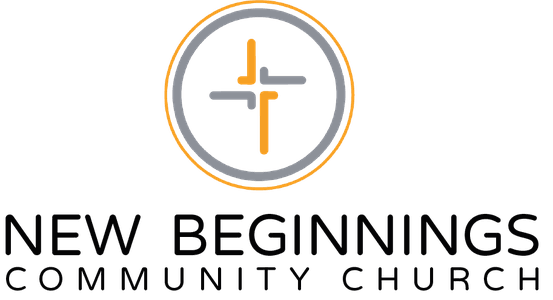WHAT WE DO
· Food is donated by the community of Halifax
· Volunteers sort and pack the food into food parcels. Each food parcel contains enough food for 3 days.
· Once a person attends the food-bank centre, they receive a warm welcome, a hot drink, something to eat, and a food parcel.
· We put people in touch with agencies who can help resolve the underlying causes of the crisis and have the citizen's advice bureau on site
· North Halifax Food Bank also provides food parcels to other charities and agencies for their clients with immediate needs.
Food-banks provide a short-term emergency supply of food to an individual or family in crisis while a long-term strategy is put in place.
ABOUT OUR FOOD-BANK
Here is an introduction to our project.
We are a Christian organization motivated by Jesus’ teaching on poverty and injustice. We operate according to Christian principles of compassion, honesty, integrity, openness, kindness, and care of all people, regardless of backgrounds or beliefs. We believe in turning faith into practical action, living out God’s love for the poor…
‘FOR I WAS HUNGRY AND YOU GAVE ME SOMETHING TO EAT, I WAS THIRSTY AND YOU GAVE ME SOMETHING TO DRINK, I WAS A STRANGER AND YOU INVITED ME IN, I NEEDED CLOTHES AND YOU CLOTHED ME, I WAS SICK AND YOU LOOKED AFTER ME, I WAS IN PRISON AND YOU CAME TO VISIT ME.’ MATTHEW 25:35-36
Whilst we are a Christian organization, we serve people of all faith groups and beliefs or none. We are passionate about inclusion and being non-judgemental is central to what we do. We believe that everyone has the right to have food on their plate, dignity, skills, and a chance to work and hope for the future.
OUR MISSION AND VISION
North Halifax Food Bank is a project for the prevention or relief of poverty in Halifax and surrounding areas, primarily by the provision of food, also including related additional services and assistance aiming to break the cycle of poverty.
We aim to:
· relieve hunger and poverty in our local community by feeding people in crisis
· promote social inclusion by supporting people who find themselves in a crisis situation where they are unable to feed themselves or their families
· develop the capacity and skills of members of the community so they are equipped to identify and meet their own needs to participate in society


